JOHN TCHICAI / “John Tchicai Plays Monk”
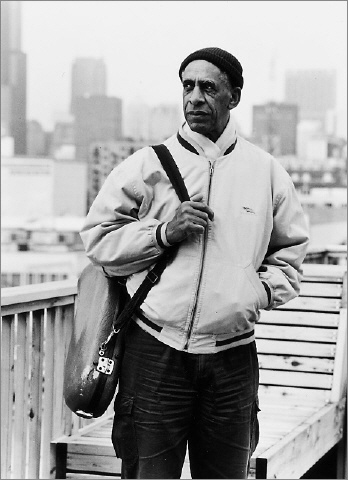
Basically, I look at my music as a universe in itself—something that you can live in and which is part of life itself. Music also shows us as human beings in the specific activity of making sound. It holds different qualities for different people, yet possesses built-in qualities that can be beneficial for all people to be exposed to. Music is a human activity that is a language in itself and shows us a musical beings. I believe that it can stand by itself as art, sound and expression. In a way, listening to music can be a transcending experience in that it can bring you closer to certain basic energies in life that you don't necessarily come into contact with through other activities.Many, many years ago when I was a drinking man (that would have been pre-1970), I used to like Jack (Daniels) Black. Straight sips, no chaser, no rocks. There was nothing sweet about my taste in liquor, nothing sweet about the tingle of the thick liquid on my tongue. If you were not used to taking in this blazing sensation, the potency of the drink would make you wince, even gag a little if you tried to down too much, too quickly. But I was a veteran, so I knew what to do. I sipped. Slowly and enjoyed confronting the power of the drink.
—John Tchicai
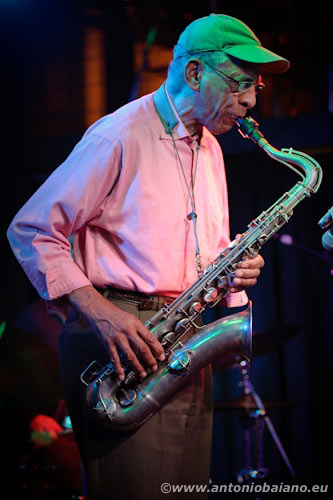
John Tchicai sounds like Jack Black. All astringent lines. Harsh but not in an uncaring way. His sound is the harshness of concentrated power, forcefully delivered, in measured doses that can be dizzying. Plus, on this recording, the bottle is Monk’s music.
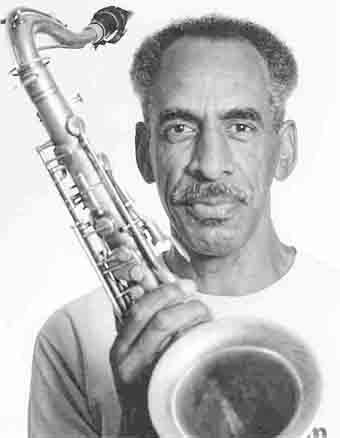
Here is the fierce lyricism of a heavyweight boxer’s swift left jabs followed by a blindingly fast right hook to the chin. Before you know what happened, you’re sitting on your ass, in utter amazement. Or, he is like how powerful memories work, catching you unawares, make you pause whatever you’re doing and reflect on something wicked you’ve done, or something wonderful, or a moment that made you cry, unashamed, big, bold tears flowing out your eyes, or something, something that reached you past all your defenses, past clothes, past skin, past bone, into the marrow of your being.
I would describe this music as the sound of you looking at your naked self in the mirror of your most critical consciousness. When you honestly assess, sort through everything you’ve been through. And come up with the best you’ve been, as well as finger some of the worst—that’s when you grimace. Assuming you can stand to listen to this, If someone watches your face closely while you listen they will see the real you in the shifting tensions and relaxations of your facial muscles illustrating thoughts and feelings that are usually masked, if not completely hidden, from public view.
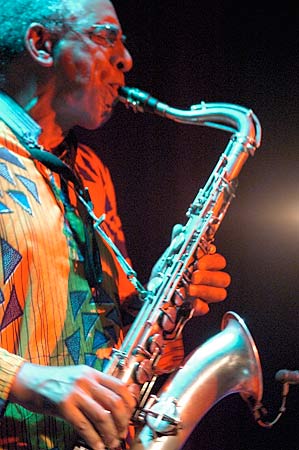
It’s been a long time since I have sipped on straight ahead jazz this strong. Tchicai is of mixed Congolese and Danish heritage. He came to the United States in the sixties. Tchicai joined, and became a leader, of the free jazz movement. He co-founded The New York Art Quartet and The New York Contemporary Five quintet. He’s on a number of major recordings from that era, including Coltrane’s Ascension. In the seventies Tchicai returned to Europe and continued to record. I never knew much about him but was always moved by the purity of his playing—he never seemed like he was coasting, or playing for applause, always, always was making serious statements. Tchicai exemplified what it meant to be an artist of the highest caliber.
And, of course, that meant he was a long ways from normal, a long ways from popular on the entertainment scene. When I heard about this recording I was intrigued. Another Monk tribute. After Ellington, Monk is the jazz artist whose music is most often tapped for recording. I love Monk’s music. I wondered what would Tchicai make of Monk.
Although Monk swang harder than a back yard tree buffeted by a hurricane, Tchicai’s In Monk’s Mood is not a hard swinging set. And though Monk was an idiosyncratic pianoforte master, many of these tracks are highlighted by subtle organ touches. This is mood music to accompany deeply emotional, personal inventory.
The quartet is Tchicai on alto, George Colligan on piano and organ, Steve LaSpina on bass, and Billy Drummond on drums. The backing trio are like a platinum ring supporting Tchicai’s diamond brilliant explorations and revelations. There are ten selections, seven Monk compositions (“Monk’s Mood” is offered as both the opening by the quartet and as the concluding selection by a drum-less trio), plus the standard “Easy Street,” and a Tchicai original “Ask Him Now,” which is a reworking of Monk’s “Ask Me Now.”
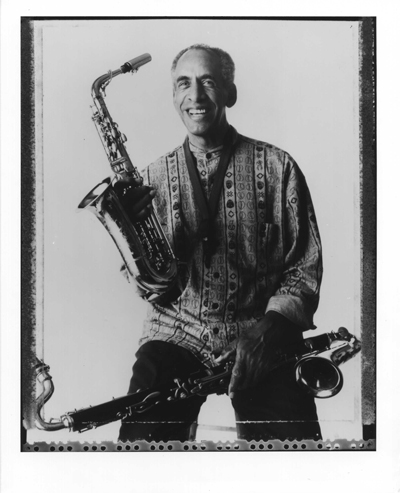
This is a stiff shot of well-brewed music. Given Tchicai’s uncompromising, avant garde pedigree, In Monk’s Mood is an unexpected gift—an unexpected but nonetheless, deeply moving personal presentation. In fact, I believe I’ll have another drink.
—Kalamu ya Salaam
All tracks are from In Monk’s Mood.
This entry was posted on Monday, June 21st, 2010 at 3:11 am and is filed under Contemporary. You can follow any responses to this entry through the RSS 2.0 feed. You can leave a response, or trackback from your own site.
Leave a Reply
| top |